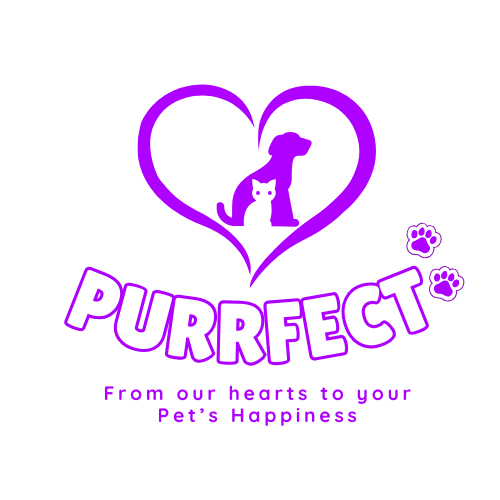Feeding Guidelines
Recommended intake in combination with your pet’s daily food regime. Milk should be given to pets in moderation in combination with their other food. Dogs and cats need both solid and liquid food.
See table below for recommended daily intake
Weight / Approx. Daily intake
Dogs ~ per day average consumption
Puppies weight –
500 gram weight / 140 ml
1 kg weight / 250 ml
Adult and Senior Dogs
0 – 2.5 kg weight / 80 ml
5 – 10 kg weight / 75 – 130 ml
25 – 40 kg weight / 260 ml
Cat ~ per day average consumption
Kittens ~ average
50 – 100 ml
Adults and Senior Cats: ~ average
100 – 150 ml
UHT treated milk. Shake well before use refrigerate after opening.
Benefits
Dogs and cats love the taste of milk however they cannot tolerate the lactose in regular cow’s milk. Lactose is the naturally occurring complex sugar in milk that many pet’s can’t digest as they are generally deficient in the enzyme lactase which breaks down the lactose sugars in milk. Undigested Lactose results in flatulence, discomfort, vomiting and diarrhoea, leading to poor absorption of nutrients. Make sure your pets only get given lactose free milk.
Zeal®New Zealand 100% Lactose Free Pet Milk is all natural, containing no artificial flavors, colours or preservatives. It is fortified with a selection of vitamins and minerals, essential fatty acids, antioxidants, amino acids and taurine. The formulation gives a balance of energy and nutrition for active dogs and cats.
Taurine: Taurine is crucial to the diet of cats as they do not produce it themselves as dogs do.
Calcium : It contains the mineral calcium its most natural and absorbable form which all dogs and cats need in order to develop and maintain an adequate bone density. The correct calcium to phosphorus ratio must be maintained in the diet, which is why a natural source of calcium rather than calcium additives or supplements is important.
Omega-3 fats: The Omega-3 fatty acids (EPA & DHA) play an important role in supporting joint health and the effects of arthritis as it works against inflammation. It also supports and helps with :~ allergies, skin & coat, cell formation, heart and kidney’s, lymphoma, healthy ageing, cognition and the immune system.
Vitamin E: Vitamin E is a fat-soluble nutrient found in many foods. it is an antioxidant, helping to protect cells from the damage caused by free radicals.
Beta-carotene: Beta-carotene is a precursor for Vitamin A, an essential antioxidant needed for healthy skin and mucus membranes, the immune system, and vision.
CLA (conjugated Linoleic acid): CLA is a fatty acid which is associated with a wide variety of health benefits, including immune and inflammation support, improved bone mass, improved blood sugar regulation and heart health.
New Zealand’s grass-fed milk is a very good source of Vitamin B12, iodine, Vitamin B2, vitamin D and phosphorus as well as a good source of calcium, pantothenic acid, selenium, zinc, biotin, protein and Vitamin A.



